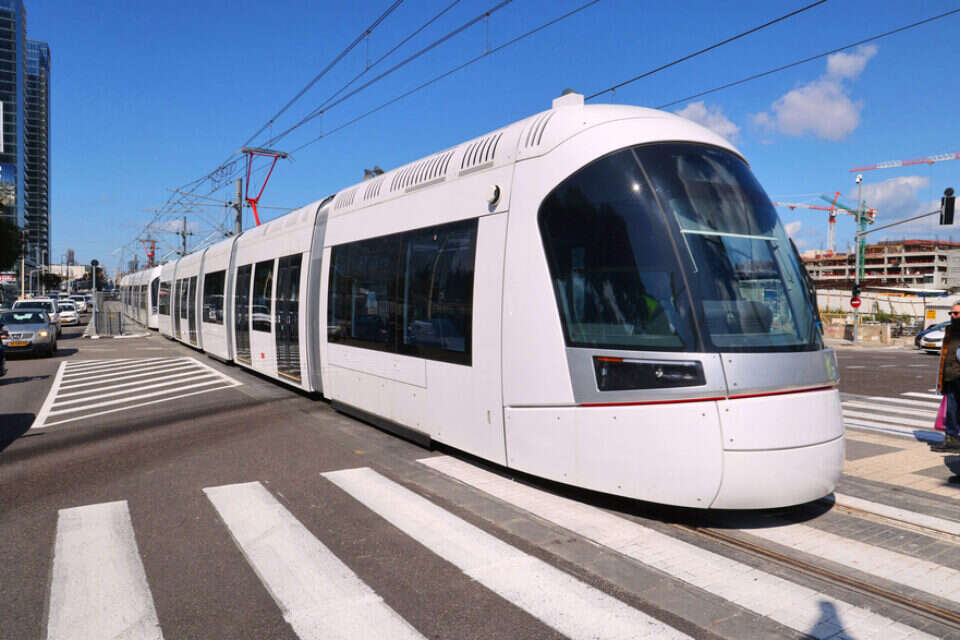NIS 150 billion - this is the cost of the government's plan to build three suburban railway lines in the Dan Bloc, according to the Bank of Israel's Research Department.
The bank detailed yesterday that "the metro will be built for more than 15 years, and most of the expenditure will be required over a span of about ten years. At its peak, the annual expenditure is expected to be close to one percent of GDP."
According to the research department, "The approved law stipulates that the construction of the metro will be funded through a combination of taxation of the general public alongside taxation of property owners who are expected to benefit from infrastructure development near their properties, and of residents living or employed in areas where the metro will be developed."
According to them, the division of the burden in this way is "largely a question of social preference."
Bank officials noted that unlike similar projects around the world, "In Israel the central government exclusively conducts taxation policy, and the participation of local government in establishing a national infrastructure project is not recognized. However, the high cost of the project justifies the imposition of dedicated taxes ".
The Bank further noted that at this stage there are no estimates regarding discrepancies between the dates of income intended to finance the project and the dates of expenditure on its implementation, but due to the unique characteristics of some of the income, the Bank assumes a gap.
Private sector sharing
Based on experience, the Bank recommends involving private entities in the construction of metro lines and notes that although such financing micromanages the cost of capital in the project, in doing so it transfers to the private sector some of the risk in its implementation.
In this case, the reimbursement of expenses by the public sector will be managed through payments to the operator throughout the period of use of the road, and depending on the extent of its use.
This stipulation will encourage the private operator to provide a quality service - although it will increase the risk of the company building the infrastructure, and increase the price of capital that will be used for its construction - but may also increase the efficiency of road use.
Were we wrong?
Fixed!
If you found an error in the article, we'll be happy for you to share it with us

